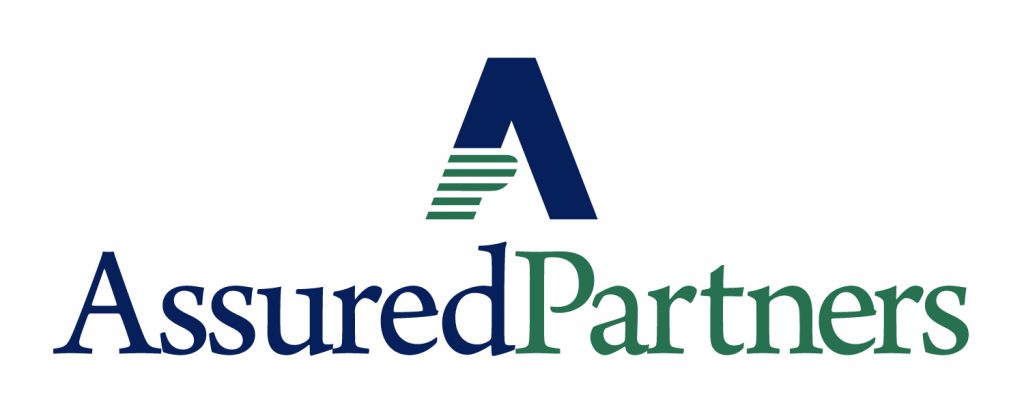
Does Your Insurance Program Cover All the Insurance Requirements in the Contracts You’re Signing?
By Gary R. Semmer, CIC, CWCA – AssuredPartners, Inc.
Great question- how certain are you that in the event of a claim your insurance Program will trigger coverage?
Let’s examine 3 problematic areas:
1) Indemnification: Every contract contains some form of Indemnity/Hold Harmless language which requires you to indemnify upstream parties for your acts that could cause Bodily Injury, Property Damage or other Consequential Damages. These vary in scope from standard industry Contracts like AIA, Consensus Docs, to Hybrid versions including “do it yourself” (DIY) wording. Although, you have some protection under Anti-Indemnity statutes in many states, you still may be exposing yourself to situations “not covered” by your Liability Insurance. We recommend you do a review of each Contract to determine if there is Indemnification wording “outside” the scope of your Liability Insurance and consult with your Attorney in order to amend with acceptable language. The ASA Attorney’s Council works diligently in this area to provide Contract equity.
2) Additional Insured Requirements: Literally, every contract we review has Additional Insured (A/I) coverage requirements under Commercial General Lability, Business Auto Liability and Umbrella/Excess Liability policies. The underlying reason is upstream parties (Owner/ Developers, GC’s and Prime Contractors) routinely require the “broadest” form of A/I coverage from the Contractor performing the work to transfer their risk. For example, under General Liability (GL) the “gold” standard is to require A/I status using the ISO GL A/I forms 2010 (Ongoing Operations) and 2037 (Completed Operations) per the 10/01 editions or “equivalent” forms which provide the broadest level of coverage. In addition, the A/I coverage is also routinely required on a Primary Non-Contributory (PNC) basis. What if your General Liability program provides more limited A/I coverage such as the CG 20210 and 2037 07/04, 04/13 or 12/19 editions, or your insurance Carrier has their own forms, which do not comply and a Claim occurs? Well, your Insurance Carrier could “deny” coverage to the parties you’re contracted with, which could result in a breach of contract suit/litigation. The key is to make sure you are providing the correct A/I coverage forms. It is recommended you ask your Insurance Agent or Broker to review insurance requirements to assure you comply before executing the contract and prior to issuance of Certificates of Insurance (COI’s).
3) Coverage Restrictions or Exclusions: With the uptick in Construction Liability litigation over the past several years, Insurance Carriers have “tightened” up their General Liability (GL) and Umbrella/Excess Liability (UMB) policies to restrict or exclude certain types of claims.
For example, today common exclusions are Silica, Lead, Synthetic Stucco (EFIS/DEFS), and Absolute Pollution exclusions because Insurance Carriers feel these types of exposures are outside the scope of traditional GL and UMB Liability coverage, and as such are unable to properly price the coverage. So, what do you do when you have these exposures and your Insurance Carrier will not remove the exclusions? We recommend you secure Contractors Pollution Liability coverage with adequate Limits. These policies are standalone and your traditional Umbrella/Excess Liability policies will not drop down over the Pollution Liability coverage. Another area of concern is Contractors Professional Liability exclusions. If you provide any design/build services or modifications to construction plans, you have created a Professional Liability exposure. You should secure Contractors Errors & Omissions Liability coverage as part of your General Liability program, or if not available, a separate Contractors Professional Liability policy with adequate limits. Again, you should consult with your Insurance Agent or Broker to discuss these exposures.
About the Author
As an Executive Vice President with AssuredPartners, Gary specializes in providing Risk Management solutions to the Construction and Real Estate industries. He has served as President of the Independent Insurance Agents of Illinois (IIAI), was Chairman of the Federal Government Affairs Committee spending time in Springfield, IL and Washington, DC. Gary served on the Associated Risk Managers International Board of Directors and was recently President of the Associated Risk Manager (ARM) of Illinois. AssuredPartners is a full-service insurance broker providing commercial insurance, risk management, employee benefits through consulting and services. For more information on AssuredPartners, please visit www.assuredpartners.com or contact Gary by email at gary.semmer@assuredpartners.com .
